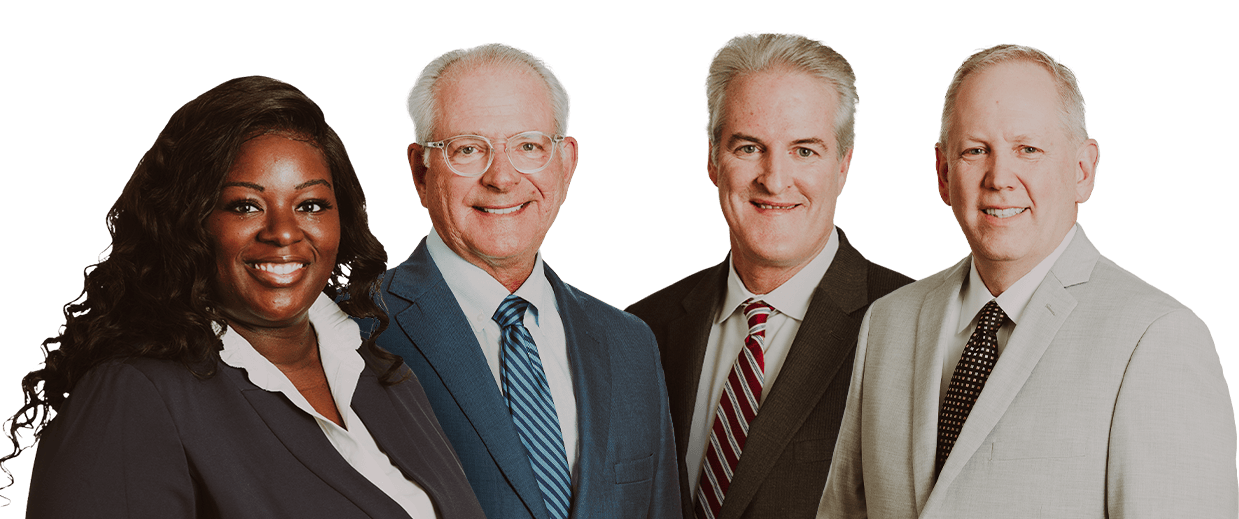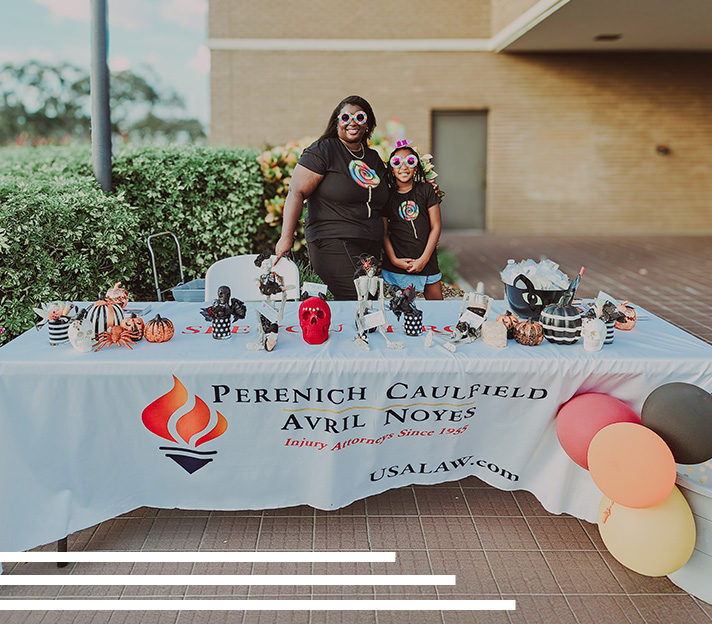What is Bad Faith?
When someone purchases insurance, they expect the insurance company to pay their accident claim. This does not always happen. Insurance companies will sometimes look to minimize their costs by denying or devaluing a claim.
Suppose an insurance company refuses to accept a claim, devalues a claim unreasonably, or fails to investigate the claim properly. In that case, a claimant can hold the insurance company liable for bad faith insurance practices. If you believe you have a bad faith claim, it is important to speak to an experienced Clearwater personal injury attorney right away. Contact our Cleawater law office today at (727) 591-3354.
What is a Bad Faith Claim?
An insurance company acts in bad faith when it does not conduct business with a claimant fairly and honestly. Bad faith claims can occur when an insurance company acts unreasonably in denying or devaluing a legitimate insurance claim. They can also occur if an insurance company fails to investigate a claim timely.
If an insurance company should have settled a claim and failed to do so, then the insurance company can be liable for bad faith.
If you file a claim with an insurance company, don’t expect the company to simply adhere to your demands. The company is still a business that is looking to protect its financial interests. It is allowed to investigate your claim and offer reasonable settlement offers for your claim, even if the offer is lower than your claim.
Types of Florida Bad Faith Claims
In Florida, there are two main categories of bad faith claims: first-party claims and third-party claims. The main difference between first- and third-party claims is who makes a claim. If you are an insured injured in an accident, you would be a first-party claimant.
If your insurance company unreasonably denies your claim or assesses it at an unreasonably low value, you would have a viable first-party claim against the insurance company.
Suppose you were injured in an accident caused by someone else. If you make a claim against the at-fault party’s insurer, you would be a third-party claimant. A third-party claimant makes a claim against someone else’s insurance company to cover injuries or losses caused by someone it insures. For example, if you are a passenger injured in an accident, you would have a viable third-party claim against the driver’s insurance company.
If you are a first-party claimant, you can file a claim against your own insurance policy. This policy could be auto insurance, health insurance, homeowner’s insurance, as well as fire, flood, or hurricane insurance. If you are a third-party claimant, then you can file a claim against someone else’s insurance policy.
What Are Statutory Bad Faith Insurance Claims?
Florida insurance companies are required to operate under certain guidelines when processing and evaluating claims. A violation of the Florida Unfair Insurance Trade Practices Act will constitute bad faith by an insurance company.
Some examples of bad faith under the Act include:
- Attempting to settle an altered claim without the claimant knowing it was altered
- Not investigating a claim in an appropriate time
- Not investigating before denying a claim
- Attempting to induce a claimant into a settlement through misrepresentation of a fact or circumstance
- Not communicating with the claimant regarding their claim
- Not putting claim decisions in writing
The actions listed above can be the basis for both first- and third-party claims. Bad faith claims can also be made under common law if the circumstances allow. Make sure to have any bad faith claims evaluated by an experienced attorney.
Important Things to Remember About Your Claim
If you accuse an insurance company of bad faith, it will look to defend itself however possible. A possible defense is claimant negligence. If a claimant lies about damages or fails to contact the insurance company regarding their claim, they can lose their bad faith claim.
Therefore, you should take diligent notes and maintain records of communications with the insurance company. Proper documentation can be the key to winning your bad faith claim.
If you are a victim of an insurance company acting in bad faith, then make sure you get in touch with an experienced attorney as soon as possible. Often, insurance companies will try to take advantage of injury victims who do not have legal representation.
Your attorney can hold them accountable for a legitimate claim and ensure they play fair during the claim process.

We treat you like family.
If you can’t come to us, we’ll come to you.
Representing Accident Victims in Tampa Bay since 1955



-
“Friendly knowledgeable and kept me informed about my case. Any offer, bill or question was readily answered. Would definitely recommend and refer people to Bryan Caulfield and his team!!”- Betty B.
-
“Mrs Bryant works her butt off to make sure you get what is do to you in medical and beyond! They won’t take your case if they don’t feel you haven’t been wronged.”- Christine R.
-
“Working with Mark Perenich on my auto injury case was an absolute game-changer. From the very beginning, he brought a level of professionalism, expertise, and care that immediately put us at ease.”- Kerry B.
-
“Lorrie and Allyson are phenomenal. I highly recommend them to anyone. It seemed like a never ending journey but I can’t thank them enough for diligently fighting my case with the greatest integrity, support and prayers.”- Former Client
-
“From the first day we met this law group I felt very comfortable and knew we would be well taken care of. This was our first experience filing for SSD, and was not disappointed. The lawyers are awesome and very professional.”- Shari J.
-
“Very nice they worked with you. Never ignored me with my case. Always on top to work with you. Thank you so much for all that you have done to help me! Very highly recommend.”- Margarita O.
-
“My appointed attorney was Jacqueline, Bryant. She is very compassionate about her client and work. When it comes to negotiation, she's a Beast and she gets the job done.”- Alaina J.
-
“What was particularly awe inspiring was the recall of facts and testimonies from medical personnel that Para Legal Ms. Josephine Elizabeth Angelo was able to make. Her memory and acumen for detail was admirable.”- Maylisa Y.
-
“Wonderful, impeccable, personalized, authentic, truthful, honest experience. Rare, real, and human firm.”- Sheryl G.


We’ve been proudly serving Clearwater, St. Petersburg, and the Tampa Bay area for generations. As the first personal injury law firm in Clearwater, our dedicated legal team brings over 300 years of combined experience to each and every case. If you’ve been injured and need support, please reach outtoday for a free consultation, we are here to help you.















